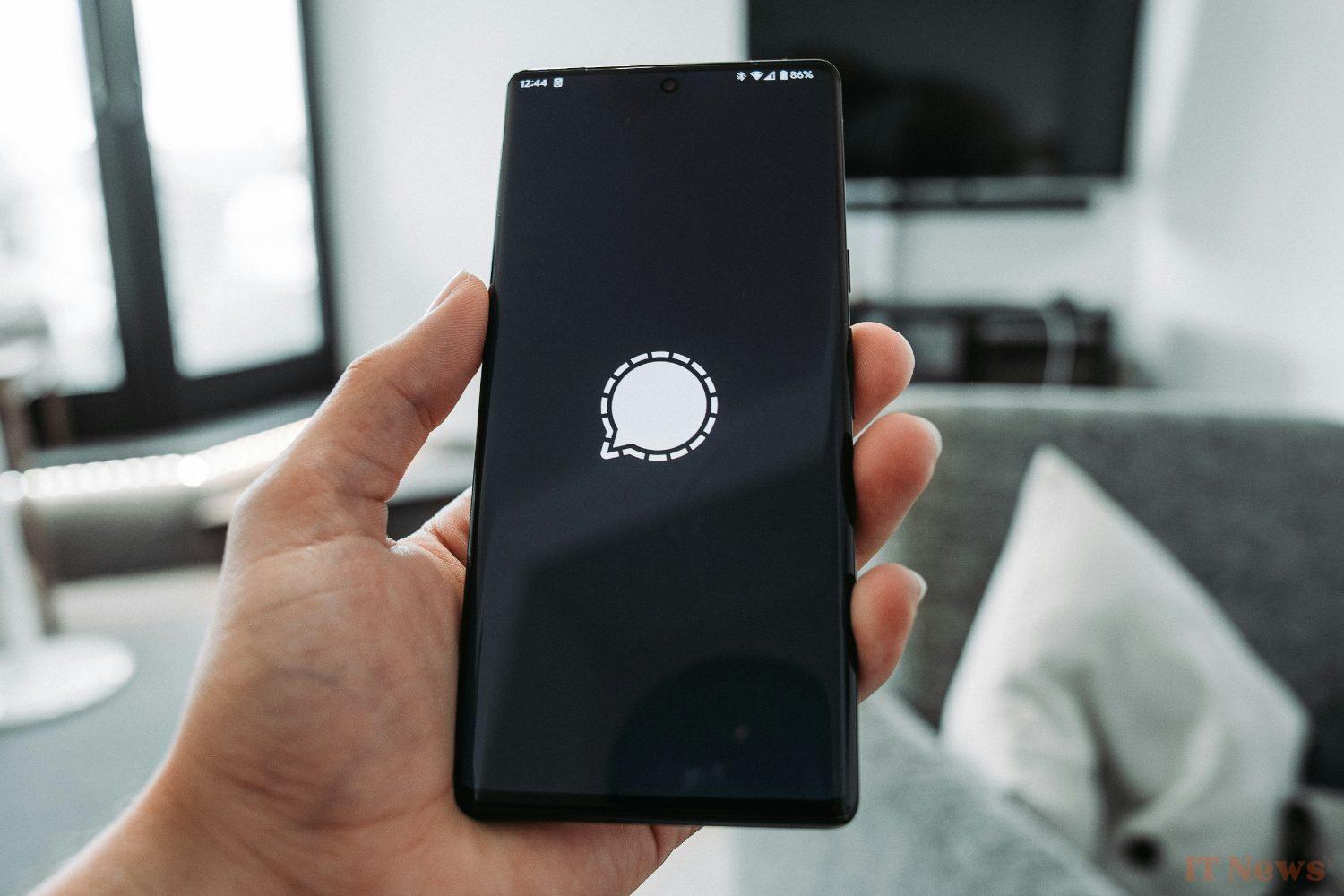"U.S. national security officials put me on a group chat (Signal, editor's note) about upcoming military strikes in Yemen. I didn't think that was possible." On Monday, March 24, an American journalist revealed that he was mistakenly added to a group chat on the encrypted messaging service Signal. Jeffrey Goldberg, editor-in-chief of The Atlantic, was given the chance to learn the detailed plan for airstrikes against Houthi rebels in Yemen carried out on March 15... two hours before the raid began. "Specific information on weapons, targets, and timing" was also shared.
It all started on March 11, he explains. The editor-in-chief was contacted on Signal and added to a group that included 18 people in total, including Marco Rubio, CIA chief John Ratcliffe, and Vice President J.D. Vance, he explains. According to The Atlantic journalist, the American vice president explained that such an airstrike would be a mistake. The operation would make the transport of goods in the Red Sea safer, which would mainly benefit Europeans.
"I also couldn't believe that the president's advisor (...) would be reckless enough to include the editor-in-chief of The Atlantic."
Now, "I hate to come to the aid of the Europeans again," J.D. Vance allegedly wrote. The Defense Secretary reportedly responded: "I completely agree, I hate the profiteering behavior of the Europeans. It's PATHETIC." But he then confirmed that the operation was necessary to "reopen the maritime links," according to the American media outlet. Faced with these messages, the American journalist initially thought it was "a disinformation operation or some kind of simulation" designed to trap him. "I had very strong doubts about the existence of this text group, because I couldn't believe that US national security officials would communicate on Signal about imminent war plans. I also couldn't believe that the President's National Security Advisor would be reckless enough to include the editor-in-chief of The Atlantic in such discussions with senior US officials, including the Vice President," he explains. This media outlet is heavily criticized by Donald Trump himself. But when the airstrikes are confirmed by the media, the journalist understands that it is truly a legitimate chat group. After the airstrike, the editor-in-chief decides to leave the group.
He then sent several questions to the group's recipients, questions that remained unanswered. The journalist took the opportunity to ask if members of the Trump administration regularly used Signal for sensitive discussions, and if these officials believed that using such a channel could endanger American personnel.
Signal messaging service not approved for sharing military information
Signal is used to "plan meetings and other logistical matters," but never "for detailed and highly confidential discussions about ongoing military action," he writes in the pages of his media outlet. The encrypted messaging service is indeed not approved by the American administration for sharing "classified information" such as military information. Senior officials must use specific tools and government-approved equipment, according to lawyers interviewed by our colleagues.
The information was confirmed by the White House. "It appears at this time that the message chain cited in the article is authentic, and we are investigating how a number was mistakenly added," said Brian Hughes, a spokesman for the National Security Council, as reported by La Presse. For Pete Hegseth, in charge of Defense in the Trump administration, the journalist in question is nothing more than a "sneaky and highly discredited so-called journalist who has made a profession of peddling hoaxes time and time again." "No one sent war plans and that's all I have to say about that," he added.
"Tell me it's a joke," he simply commented on X Hillary Clinton, the unsuccessful candidate against Donald Trump in the 2016 presidential election. The still-candidate had repeatedly attacked the politician over official emails that she had sent via private messaging while she was Secretary of State. But for Chuck Schumer, the Democratic minority leader in the US Senate, it is "one of the most astounding military intelligence leaks I've read in a very, very long time». The politician calls for a "full investigation".



0 Comments